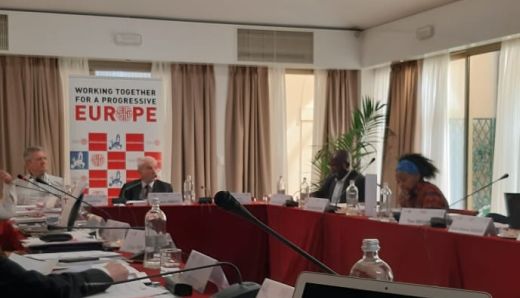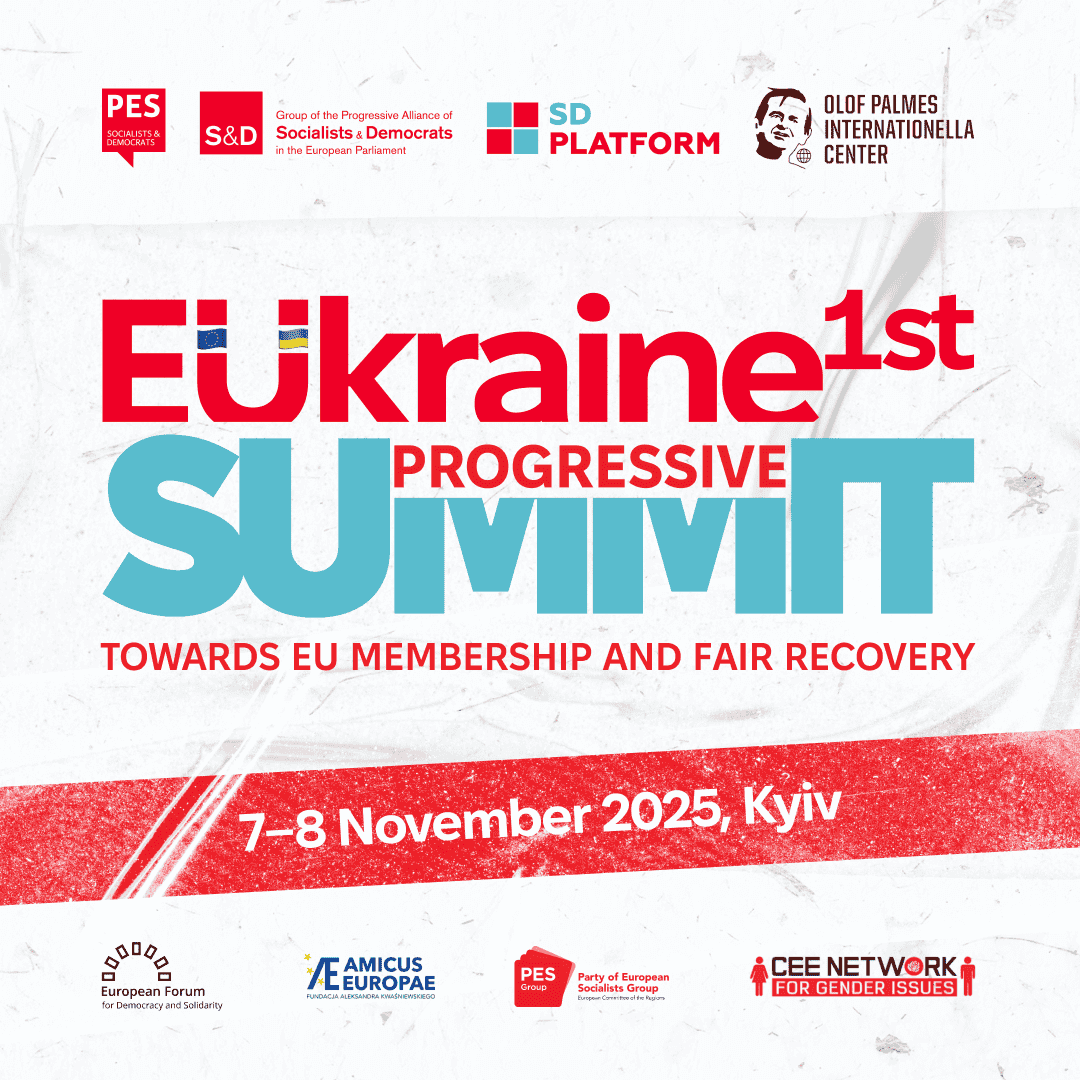In mid-May, our partner FEPS (Foundation for European Progressive Studies) organised a meeting of the FEPS Global Migration Group in Rome. This group, led by former prime minister of Italy Giuliano Amato, is jointly trying to come up with political recommendations to create more safe and legal opportunities for migration: "Doors rather than walls".
Because this is badly needed. In recent months, I have been in Ghana and Tunisia to talk to stakeholders there about migration: what are the motives of (especially) young people to leave (possibly)? Can they be prevented from leaving irregularly? And, perhaps the most important question; how can we shape safe and legal opportunities for migration?
A few key points I have come across, over the past few months, is that the motives are very varied - and also personal. General tendency, though, is the lack of future prospects. Important to emphasise here is that, especially in the southern countries of the African continent, the vast majority who migrate stay in the region and thus do not head for Europe. Those who do head towards Europe have few opportunities to do so on a regular basis, often leaving them with no option but to choose a dangerous route.
Legal migration opportunities
Legal options are therefore needed. This is also recognised in the European context. Almost all policy documents state that there should be more opportunities for legal migration. In practice, however, this turns out to be difficult and involves a lot. The discussion around legal opportunities is often linked to the discussion around taking back irregular migrants. African countries are then promised that it will be easier to apply for visas if they take back their own citizens, and third-country nationals who have travelled to Europe through their countries.
At the meeting in Rome, one participant pointed out that this kind of negotiation, as well as other migration policies, does not always look at pre-existing regional arrangements and treaties between different African countries. For example, it happens that a European country makes a bilateral treaty with an African country that includes provisions that go against regional arrangements. More attention should be paid to this. But also, agreements should not have negative consequences on the country - this is often still the case now - which in turn can lead to more frustrations and more motivation to leave anyway.
What are the options?
In Rome, we discussed a number of ideas with the group. For example, making more use of the possibility for humanitarian visas, which do not necessarily have to be applied for on European soil. Or the idea of a special visa to seek work with. This would require migrants to invest less money to come to Europe to look for a job, making them more likely to return if they fail to find anything. After all, the investment made is much smaller and the loss therefore less.
Perhaps most importantly, Europe and Africa should talk to each other as full partners. All relevant stakeholders should have a chance to have their voices heard during the process. With our FMS research Migration: African perspectives, which will be published this autumn, we hope to contribute to this. Do you have good ideas or input of your own? Then contact us (info[at]foundationmaxvanderstoel.nl).
By: Anne van der Meer, policy officer FMS




